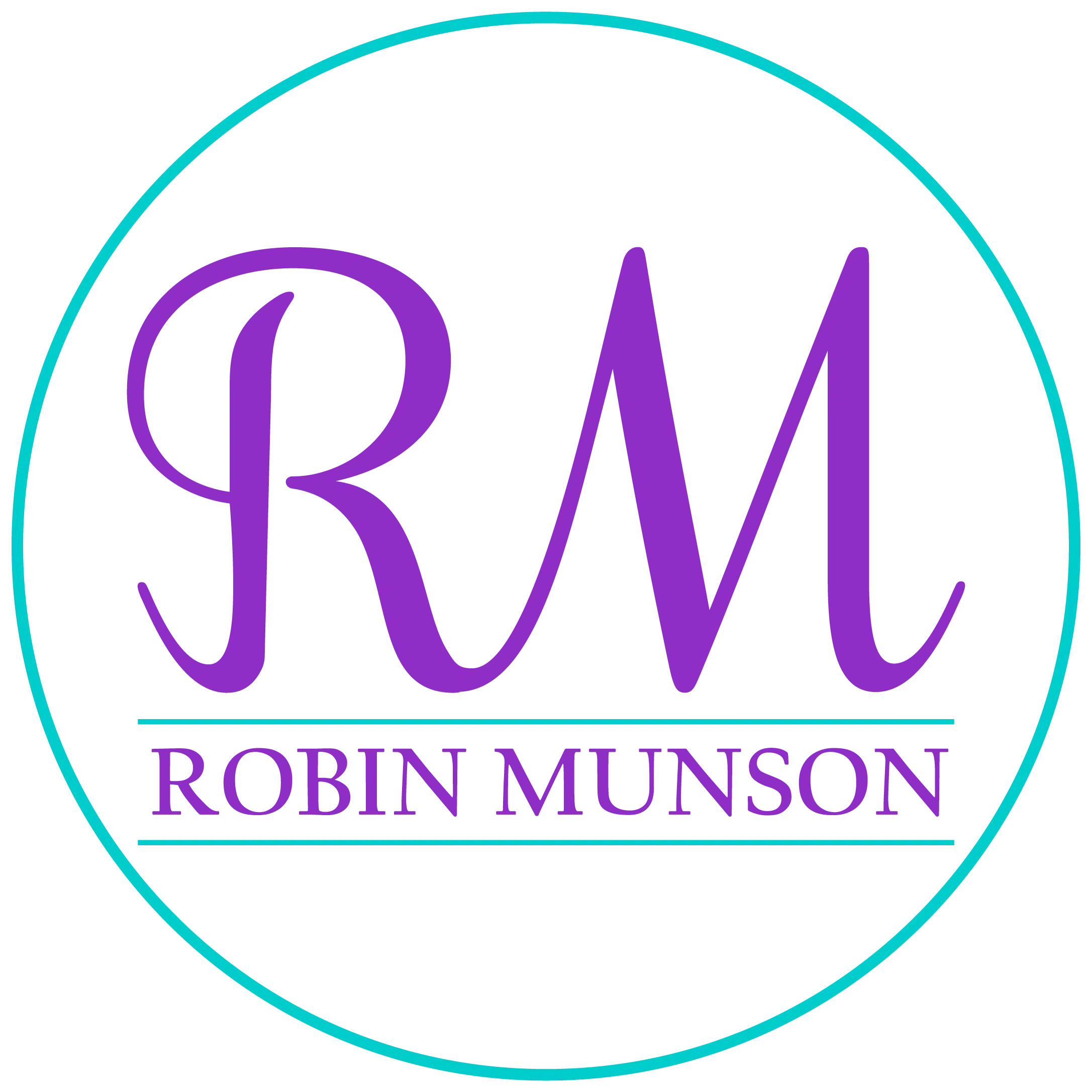Music runs in my family. My father, who had written songs during World War II as a POW in Germany, had dismissed the notion of being a professional songwriter after the war as a crazy, impractical idea. He opted instead to partner with his brothers in a home improvement business in order to provide for our family. My mother, who had inherited a beautiful singing voice from my grandmother, loved to sing and made no secret that she was a frustrated Judy Garland.
So it’s not surprising that all my life I wanted to be a musician and I opted in on piano and voice lessons quite early on. But I soon came to realize that my chosen profession was not exactly the most stable one in the world. My father used to quip, “It’s not a profession, it’s a cult.” And for all my mother”s encouragement in general, she lectured us on the vicissitudes of The Biz. Furthermore, surrounded as I was by very talented musicians, it seemed to me that at best, I was mildly gifted.
And even even if I could do “very good” work – it became clear that “very good” and five bucks would buy me a Starbuck’s grande. If I wanted all the little niceties of life – reliable income for rent, food, and something to put away for a rainy day, I would need to hedge my bets and get a day job.
Over the years I have had many day jobs. Right out of college I began substitute teaching, but quickly gave that up when I found a job playing piano bar at the local Holiday Inn, which paid surprisingly well! I did play piano bars for quite a few years, but the atmosphere was so toxic, both literally – from the cigarette fumes – and figuratively – from the rampant sexism and endless calls for “Tie A Yellow Ribbon” – that after a while it just wasn’t worth the money. So I taught myself to type and began finding work as a secretary.
Wanting a more meaningful “day job”, I went back to school in my 30s and got a master’s degree in marriage and family therapy and became a licensed MFT. I practiced for a little while, but soon realized that much as I do love helping people, this wasn’t quite the right fit for me, either.
When Art and I got together we created a business selling blank media on the Web. This became our parallel career track as we worked together in the studio and it really helped to pay our bills.
Five years ago I embarked on my journey as a yoga teacher.
All along, from my college years up until today I have never stopped creating music.
It occurs to me: Would I have found more success as a musician if I had put all my eggs in one basket and focused exclusively on my writing and performing? It’s a hard question to answer, and at this point, it no longer matters.
The essential question was – “Do I go ‘all in’ with my music, or do I split my time and energy in such a way that I can have a steady income stream while pursuing my dreams?”
When we lived in Tennessee between 1994 and 2000, we encountered many songwriters who might be considered successful, in that they had signed with publishers and had “deals”. Still, it was the norm for most of them to have some other way of supporting themselves besides their songwriting. We knew one reasonably successful songwriter who had had many major cuts – and supported his family as an insurance salesman., following in the footsteps of the classical composer, Charles Ives. In Nashville, far from being a sign of weakness or defeat, having a day job was seen as a sign of being a responsible, hard-working member of the community. And it in no way diminished your standing as a songwriter. If you became wildly successful you could graduate to making songwriting your full-time profession, and that was certainly the hope, but it was accepted that for most, this would remain an elusive goal.
You often hear creative types of all sorts – actors, musicians, singers – say that if they had one piece of advice for someone just starting out it would be , “If you can do anything else, do that!” It’s a powerful commentary on the capricious nature of the artistic life.
I would say this. Have a long heart-to-heart with yourself. Ask yourself how much risk you can stomach. (It’s the same question people have to ask themselves regarding whether or not to invest money in the stock market.) If uncertainty gives you a headache – If not having a 401K keeps you up at night – If you like the word “paycheck” better than the word “residuals”- maybe it’s not such a bad idea to “hedge your bets”. It doesn’t mean giving up on your dreams. For some of us, it just means supporting them.
© Robin Munson

